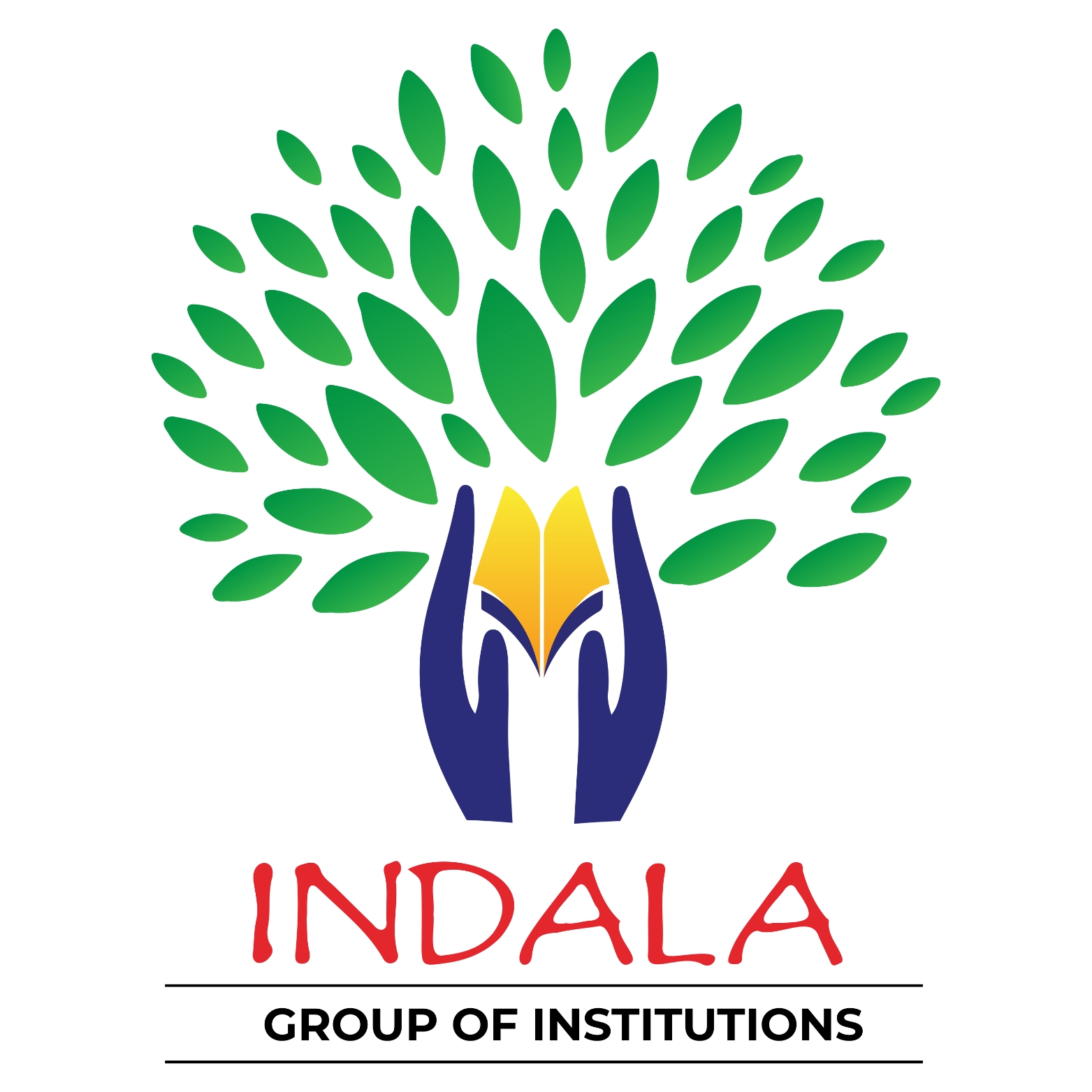- Bapsai, Kalyan, Maharashtra 421103
- +91 93721 84331
- +91 93241 39938
- [email protected]
About Pharmacognosy
Pharmacognosy can be defined as the science of biogenic or naturally derived drugs, pharmaceuticals, and poisons, and it incorporates various modern analytical techniques to authenticate and quality control of crude drugs as well as purified active extracts, fractions, and components, and even medicinal foods.
Pharmacognosy, derived from the Greek words “pharmakon” (drug) and “gnosis” (knowledge), is probably the oldest modern science, and generally the study of crude drugs of plant and animal origin (in the form of tinctures, teas, poultices, powders, and other herbal formulations), and it incorporates authentication and quality control of such drugs, based on macroscopic and microscopic examinations of crude drugs.
The term Pharmacognosy was first introduced by the Austrian physician Schmidt in 1811 and then in 1815 by Seydler in a work titled Analecta Pharmacognostica. Pharmacognosy has always been a translational or multidisciplinary science, and during the evolution of the scope of this subject area, phytochemistry and phytochemical analysis have become integral parts of Pharmacognosy.
Pharmacognosy, derived from the Greek words “pharmakon” (drug) and “gnosis” (knowledge), is probably the oldest modern science, and generally the study of crude drugs of plant and animal origin (in the form of tinctures, teas, poultices, powders, and other herbal formulations), and it incorporates authentication and quality control of such drugs, based on macroscopic and microscopic examinations of crude drugs.
The term Pharmacognosy was first introduced by the Austrian physician Schmidt in 1811 and then in 1815 by Seydler in a work titled Analecta Pharmacognostica. Pharmacognosy has always been a translational or multidisciplinary science, and during the evolution of the scope of this subject area, phytochemistry and phytochemical analysis have become integral parts of Pharmacognosy.
